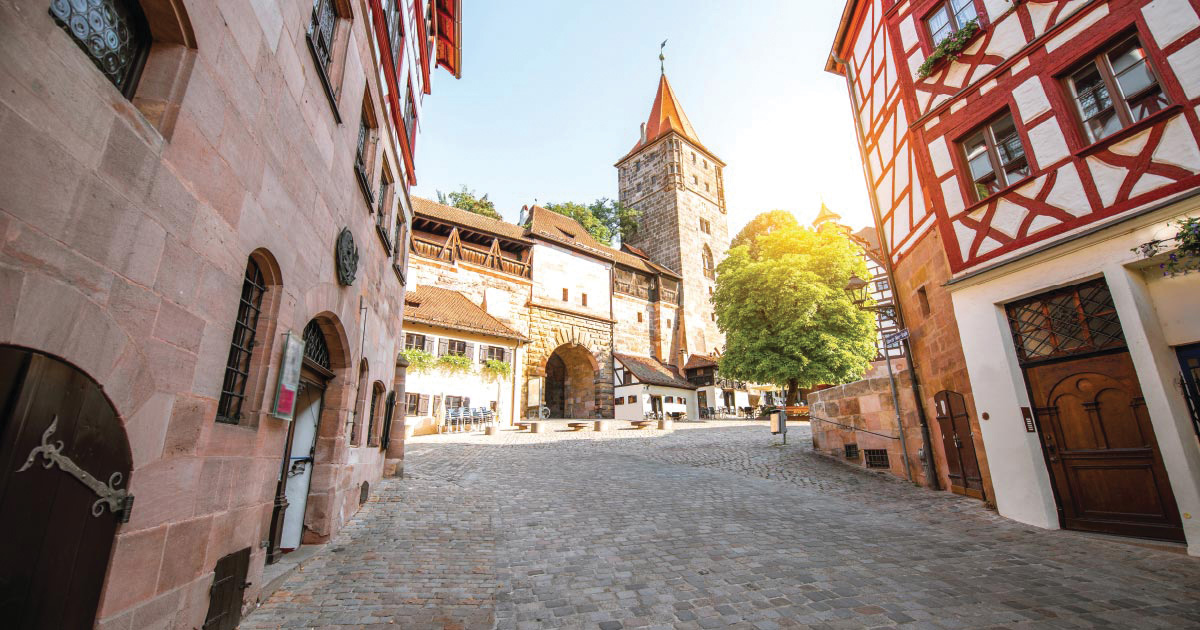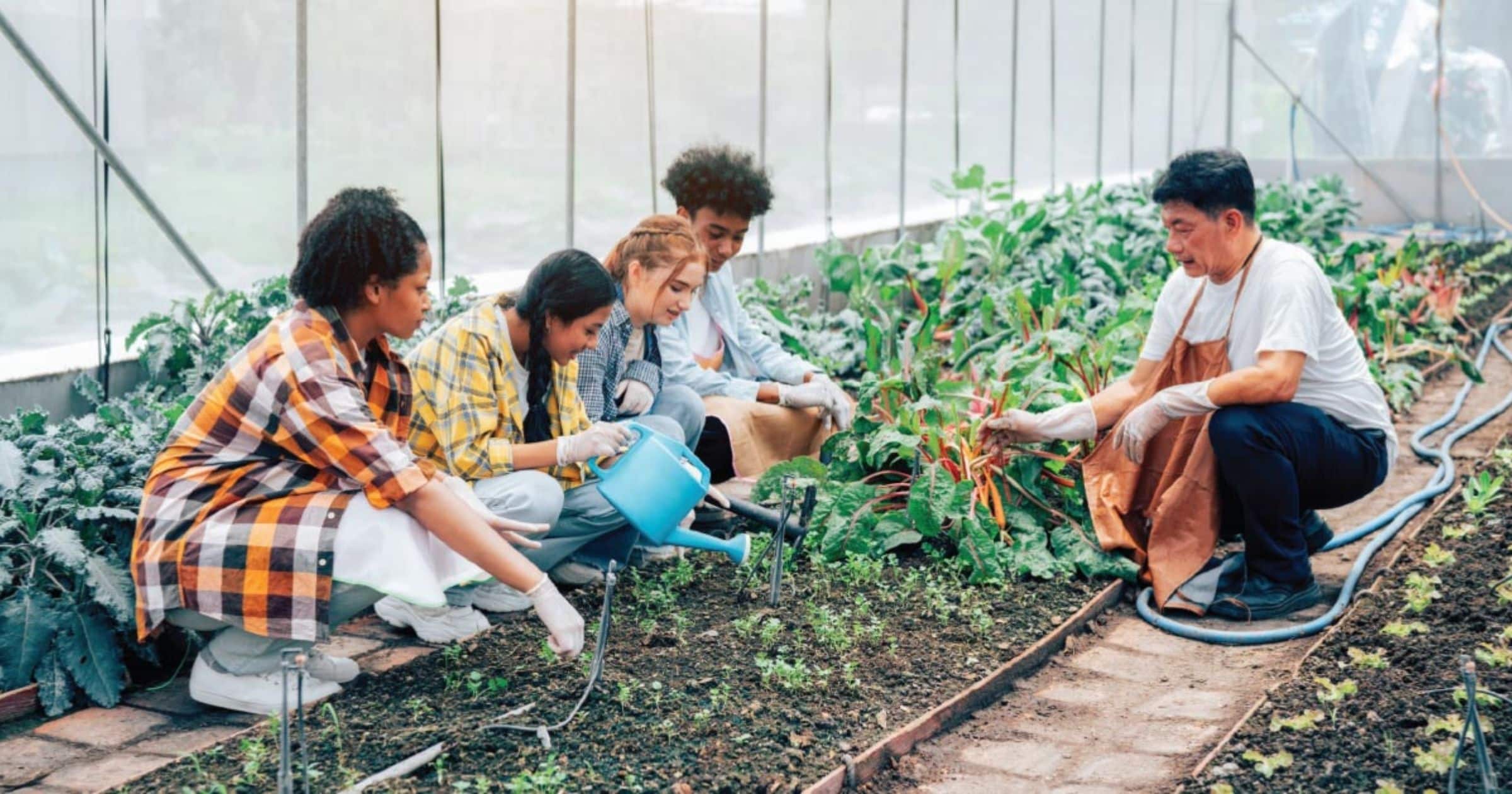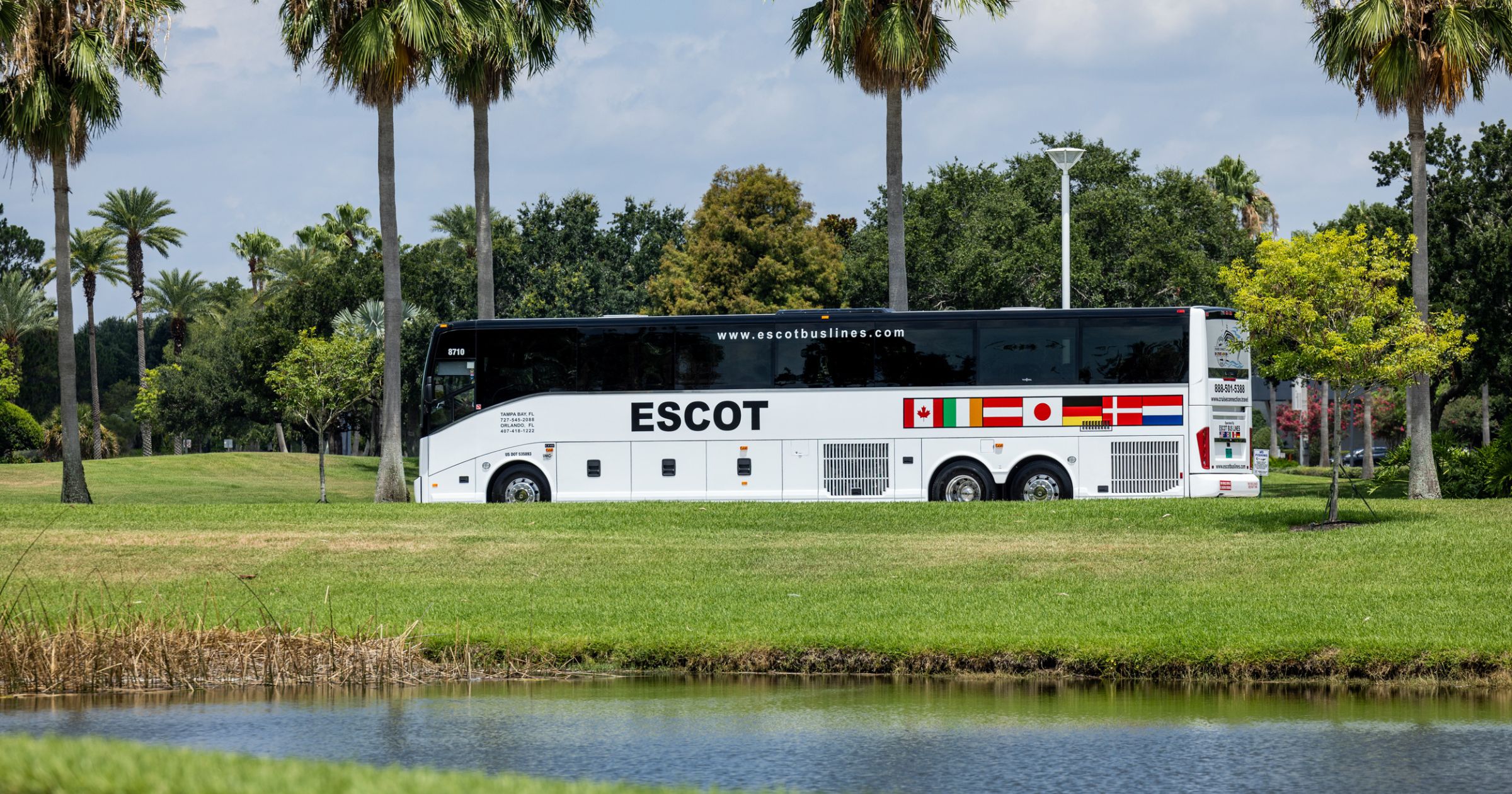During the summer, I took a three-week European trip. Two friends traveled with me for most of the trip, and along the way, we had to modify and innovate when we faced challenges. These obstacles pushed us out of our comfort zone but made us more resilient and inventive, skills we want our students to learn.
We planned to visit Neuschwanstein Castle in Germany. The night before our scheduled trip to see the castle, we went online to purchase tickets. Imagine my surprise when I realized that tour tickets were sold out for the next two months. Oh no! My friend Debbie really wanted to visit this historical palace. As a world traveler and her tour guide, I wanted to find a comparable experience. Since we had a Eurail Pass, we had lots of options for a day trip. I suggested that we visit Nuremberg, Germany, home of the Nuremberg Trials.
Little did I know that Debbie taught this lesson to her sixth graders. We modified and took the initiative to make a new plan; and the next day, we took a train to Nuremberg. Visiting the courtroom in the Nuremberg Palace of Justice and Nuremberg Memorial Museum where the historical trials took place was a memorable moment. We spent the remainder of the day exploring the imperial castle, cathedrals, historical sites, and shopping in the walled Old Town of Nuremberg. When we boarded the train back to Munich, Debbie commented, “I’m not sure what I missed at the Neuschwanstein Castle, but I am so glad that we had to adapt and came to Nuremberg, where world history took place. I loved my Nuremberg experiences.”
The following week, I was planning to head to Slovenia, but the country experienced unprecedented flooding and I was advised by the Smart Travelers Program, the Slovenia hostel and Eurail to not travel there for safety reasons. The problem was that I had purchased a one-way plane ticket from Ljubljana, Slovenia to Tbilisi, Georgia and another one-way flight from Tbilisi, Georgia back to Vienna.
The airline was not willing to refund my money, so I had to readjust and invent a new plan. On a whim, I took a train to Budapest to stay for three days (the same amount of time I would have spent in Slovenia). My time spent exploring Budapest was fantastic. I met awesome travelers at the hostel and in the community, saw historical sights, took a boat ride on the Danube River, ate chimney cakes and relaxed. Because I did not have a planned schedule, I immersed myself into the destination and experienced the food, art, people, and music of Budapest.
Sometimes, as educators and tour leaders, we get caught up in the schedules and details and do not allow our student groups to experience immersive travel. We need to put our students at the center of all travel experiences. According to Sven-Olof Lindblad of Lindblad Expeditions, “We must allow travelers to explore at their own pace and forge a deeper relationship with our world alongside a like-minded community of passionate explorers.”
Michael McLaughlin, a writer for Youth Travel, examined a similar topic in his article, “Adapt & Innovate.” He highlighted the impacts of student travel post the pandemic. He stated, “Teachers, tour leaders and travel companies must embrace innovation and incorporate real-world and hands-on experiences. We must adapt and prioritize the needs of students so we can ignite a lifelong love of learning and travel for a new generation of globally minded individuals.”
Both Lindblad and McLaughlin emphasized the importance of providing students options and free time to explore their own interests. We must also engage student travel groups in unique experiences outside of the usual historic sights and tourist attractions.
One example is to let students take a cooking class. A high school group that I led had an opportunity to make apple strudel in Austria and homemade noodles in Italy. The finished products didn’t exactly look the same, but they tasted good, and the students were proud of their accomplishment.
Another unique experience is to take students to a religious ceremony. In Russia, my college students learned that Russian Orthodox Churches do not have benches and you must stand for the entire service that sometimes lasts for two hours or more. The ladies were required to cover their heads with scarves and wear a skirt. This practical experience exposed them to cultural customs and gave them a different perspective on religion.
In Greece, the students participated in a community service project. In appreciation for their hard work, the community threw a party for the students. They prepared and served food, played traditional Greek music, taught us how to do some Greek dances and presented the students with certificates of appreciation. Partnering with a local agency to do a service project or share skills allows them to look at things through a different lens.
As educators, we must continue to offer travel opportunities for our students and encourage them to explore and immerse themselves. The real-world and hands-on experiences you provide will allow them to forge deeper relationships with those they meet along the way and those they are traveling with.
Written by Julie Beck, Contributing Writer for Teach & Travel.





